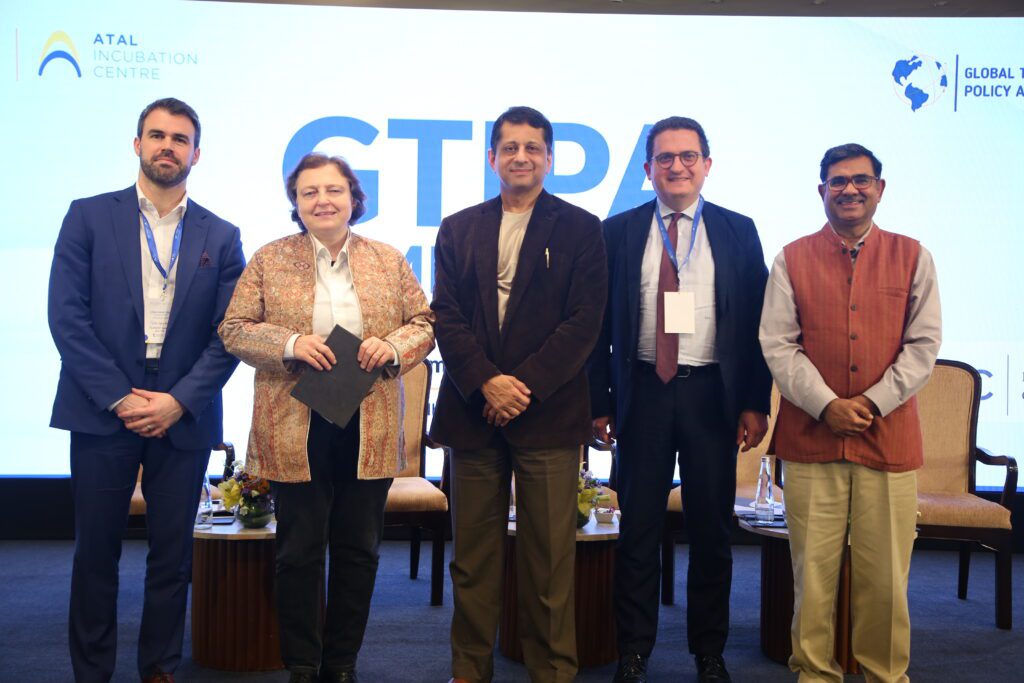At the GTIPA Summit, MLI’s Deputy Director of Domestic Policy, Peter Copeland, joined a panel discussing Canada’s persistent digital divide, particularly in rural and First Nations communities. The conversation underscored the significant challenges posed by Canada’s vast geography and underdeveloped digital infrastructure. Key themes included the urgent need for competitive reform in the telecom and broadband sectors, targeted investments in digital infrastructure, and a thoughtful reassessment of recent policy shifts.

Canada’s digital infrastructure lags behind global standards, with a lack of competition and restrictive regulations limiting progress. The panel highlighted the importance of rethinking policies like third-party access to broadband infrastructure, making it more attractive for providers to expand into underserved areas. Opening up the telecom and broadband sectors to increased foreign investment was also suggested as a way to enhance competition and drive innovation.
Recent legislation, such as Bill C-59 on competition policy, came under scrutiny for moving away from a consumer welfare-focused approach. Peter called for a re-evaluation of these policies to ensure they incentivize growth while safeguarding consumer interests.
Panelists emphasized that bridging the digital divide requires collaboration. For Canada, this means public-private partnerships and better use of federal and provincial broadband funds could encourage investment in rural and First Nations communities. Such initiatives would address connectivity gaps, fostering economic opportunities and social inclusion.

Finally, discussions on AI governance showcased Canada’s need to adopt a forward-thinking, risk-tolerant regulatory stance, aligning more with California than Europe. As the digital landscape evolves, Canada must adapt its policies to ensure equitable connectivity and competitiveness.





